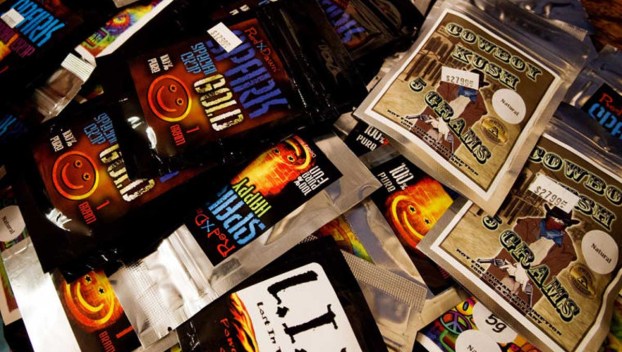
News
Synthetic marijuana “incense” products criminalized
The fight against synthetic marijuana use was granted a helping hand this weekend, as both State Health Officer ... Read more

The fight against synthetic marijuana use was granted a helping hand this weekend, as both State Health Officer ... Read more